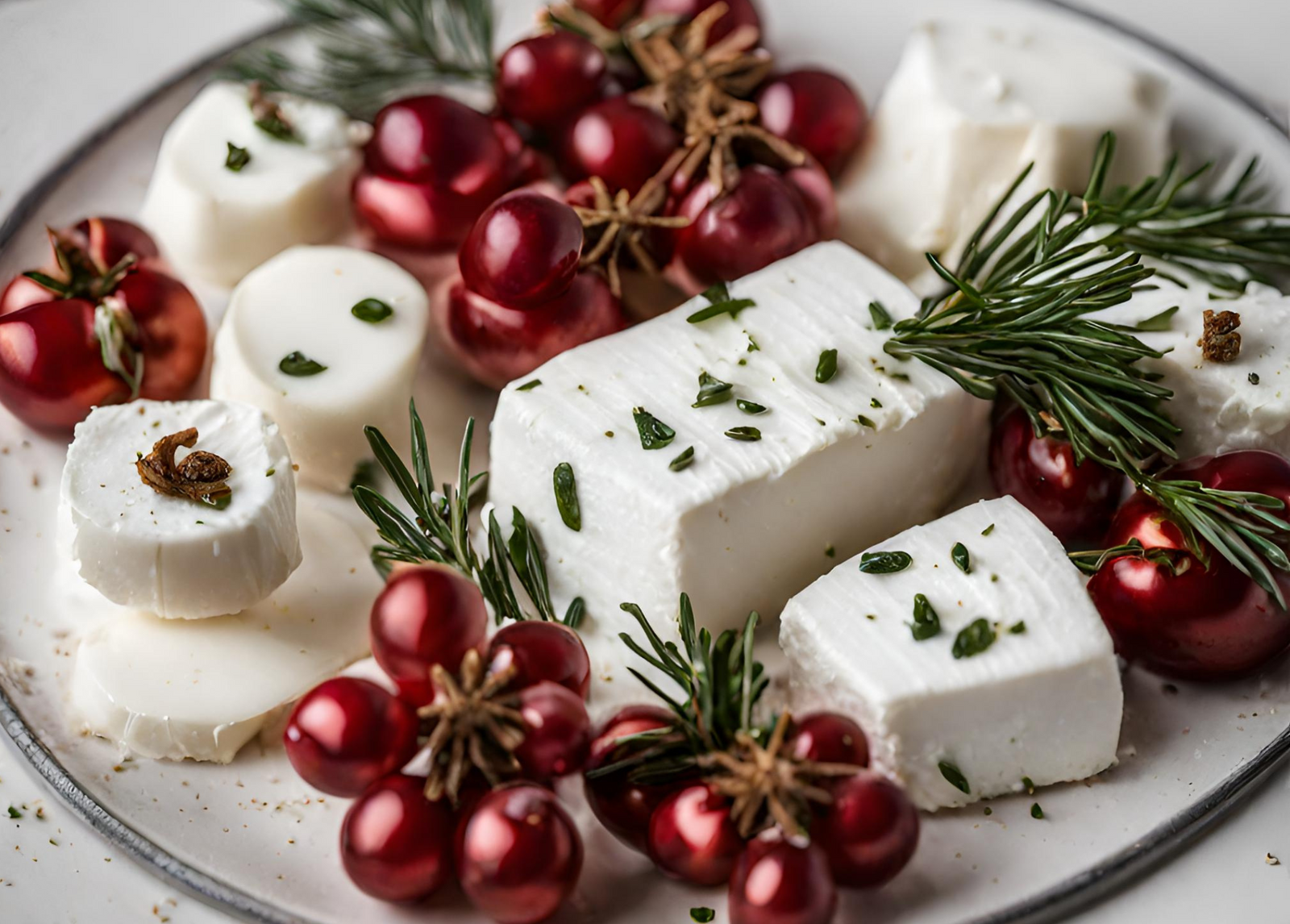Your Cart is Empty
HOLIDAY SALE ON NOW - GET AN AUTOMATIC 15% DISCOUNT ON CHECKOUT
HOLIDAY SALE ON NOW - GET AN AUTOMATIC 15% DISCOUNT ON CHECKOUT
HOLIDAY SALE ON NOW - GET AN AUTOMATIC 15% DISCOUNT ON CHECKOUT

January 05, 2024 2 min read
The art of cheesemaking is a journey steeped in tradition, it is also a combination of science and art. Central to this culinary process is rennet, a crucial ingredient that sets the stage for transforming milk into the myriad of cheeses we adore. As we delve into the world of rennet, let's explore the differences between vegetarian and animal-derived varieties, unravelling the ethical, cultural, and culinary dimensions that shape the choices of modern cheesemakers.
At the heart of every dairy-based cheesemaking adventure lies rennet, a complex enzyme responsible for coagulating milk proteins and initiating the formation of curds. Traditionally, rennet has been sourced from the fourth stomach of young calves, where the enzyme chymosin is naturally abundant. However, the evolution of cheesemaking has given rise to alternatives, including vegetarian rennet, extracted from microbial or plant sources.
The use of rennet, particularly animal-derived, is deeply rooted in cultural and historical traditions. Certain cheeses, like the iconic Parmesan or traditional Swiss varieties, have long been crafted with animal rennet, contributing to their distinctive characteristics. However, as modern cheesemakers embrace innovation and ethical considerations, vegetarian rennet has become a harmonious addition to the evolving landscape of cheese crafting.
The choice between vegetarian and animal rennet often hinges on ethical considerations. While animal rennet has been a historical staple, the quest for more sustainable, and long-lasting practices has led many cheesemakers to adopt vegetarian alternatives. The introduction of high-quality Vegetarian rennet offers options for cheesemakers to choose from.
Beyond ethical considerations, the choice of rennet can significantly influence the flavour, texture, and characteristics of the final cheese product. Animal rennet, with its traditional roots, is renowned for imparting a subtle and nuanced flavour profile to certain cheeses. On the other hand, vegetarian rennet provides a more standardized and controlled coagulation process, offering cheesemakers the freedom to experiment with a broader range of flavours and textures.
Today's market offers a diverse array of cheeses crafted with both vegetarian and animal rennet. Whether you're perusing the aisle of a traditional cheese shop or exploring the offerings of an artisanal cheesemaker, the choices reflect a dynamic blend of tradition, innovation, and evolving consumer values. From the bold flavours of aged cheddar to the creamy textures of fresh mozzarella, both rennet options play a pivotal role in shaping the vast world of cheese. All of our cheesemaking kits are made using vegetarian rennet.
In our commitment to ethical and flavorful cheesemaking, our kits exclusively feature vegetarian rennet. Ensuring that every cheesemaking journey undertaken with our kits is not only a delightful exploration of flavours but also a step towards a sustainable approach to this time-honoured craft.
Comments will be approved before showing up.

December 19, 2024 2 min read

December 05, 2024 2 min read
Sign up to get the latest on sales, new releases and more …